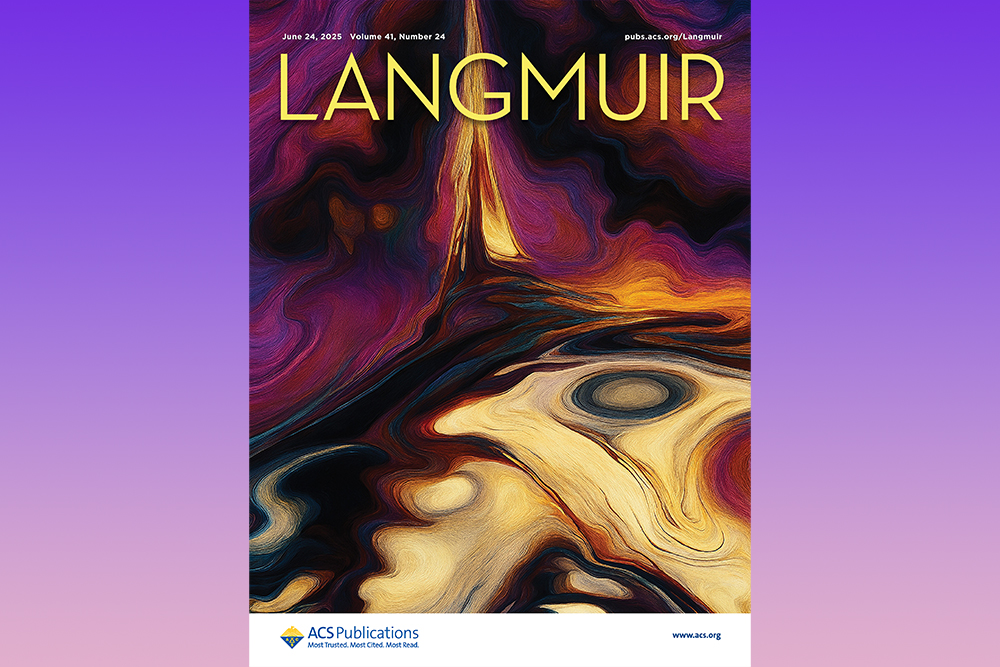
[Images above] Credit: NIST
NANOMATERIALS
Gold nanoparticles to find applications in hydrogen economy
A team of scientists found a way to improve nanocomposite material which opens new opportunities to use it in hydrogen economy and other industries. Nanocomposite materials can be used in optical devices and as a catalyst to produce hydrogen from water.
Nanocrystals emit light by efficiently ‘tunneling’ electrons
Using advanced fabrication techniques, engineers at the University of California San Diego have built a nanosized device out of silver crystals that can generate light by efficiently “tunneling” electrons through a tiny barrier.
ENERGY
UCLA engineers develop world’s most efficient semiconductor material for thermal management
Working to address “hotspots” in computer chips that degrade their performance, UCLA engineers have developed a new semiconductor material, defect-free boron arsenide, that is more effective at drawing and dissipating waste heat than any other known semiconductor or metal materials.
A new combination of materials developed by Stanford researchers may aid in developing a rechargeable battery able to store the large amounts of renewable power created through wind or solar sources.
Ramsay Fellow to build world’s fastest charging battery
The University of Adelaide’s newest Ramsay Fellow, James Quach, will harness the unique properties of quantum mechanics with the aim of building the world’s first quantum battery, a new super battery with the potential for instantaneous charging.
Computer model predicts how fracturing metallic glass releases energy at the atomic level
Researchers have developed a new way of simulating to the atomic level how metallic glasses behave as they fracture. This new modeling technique could improve computer-aided materials design and help researchers determine the properties of metallic glasses.
Corporate procurement of renewable energy continues to ramp up
Corporate demand for sustainable energy continues to grow, according to a panel of experts from the solar and wind energy industries, but the future centers around storage and scalability solutions.
MANUFACTURING
Future electronic components to be printed like newspapers
Researchers at Purdue University have developed a new manufacturing technique uses a process similar to newspaper printing to form smoother and more flexible metals for making ultrafast electronic devices.
Ohio Chamber report singles out Youngstown’s positive influence on manufacturing
A report, “Ohio Bold: A blueprint for accelerating the Innovation Economy,” released by the Ohio Chamber of Commerce outlines what the state needs to compete economically. It singled out Youngstown’s American Makes initiative as being a model of what Ohio should strive for.
OTHER STORIES
WVU opens new research facility to extract valuable rare earths from acid mine drainage
West Virginia University researchers are opening a new facility to capture valuable materials from a novel source – acid mine drainage from coal mining – turning the unwanted waste into critical components used in today’s technology-driven society.
Researchers are helping to answer long-held questions about a technologically important class of materials called relaxor ferroelectrics. These materials have mechanical and electrical properties that are useful in applications such as sonar and ultrasound.
Slowing the degradation process of black phosphorus
In a review article in Advanced Materials, Yohannes Abate from the University of Georgia, Athens, and co-workers provide an overview of the progress made toward stabilizing BP for commercial applications.
Author
Faye Oney
CTT Categories
- Material Innovations
- Weekly Column: “Other materials”

